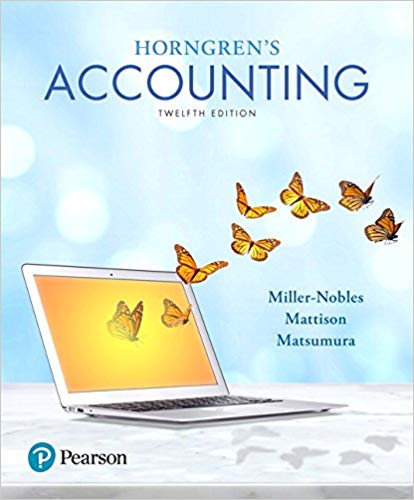Answered step by step
Verified Expert Solution
Question
...
1 Approved Answer
BUS 330: Income Taxation for Individuals, Summer 2021 Comprehensive Case Analysis (15% of course assessment) Submission Deadline: August 2 (Monday) at 5:00 pm Brian Cedar



Step by Step Solution
There are 3 Steps involved in it
Step: 1

Get Instant Access with AI-Powered Solutions
See step-by-step solutions with expert insights and AI powered tools for academic success
Step: 2

Step: 3

Ace Your Homework with AI
Get the answers you need in no time with our AI-driven, step-by-step assistance
Get Started



